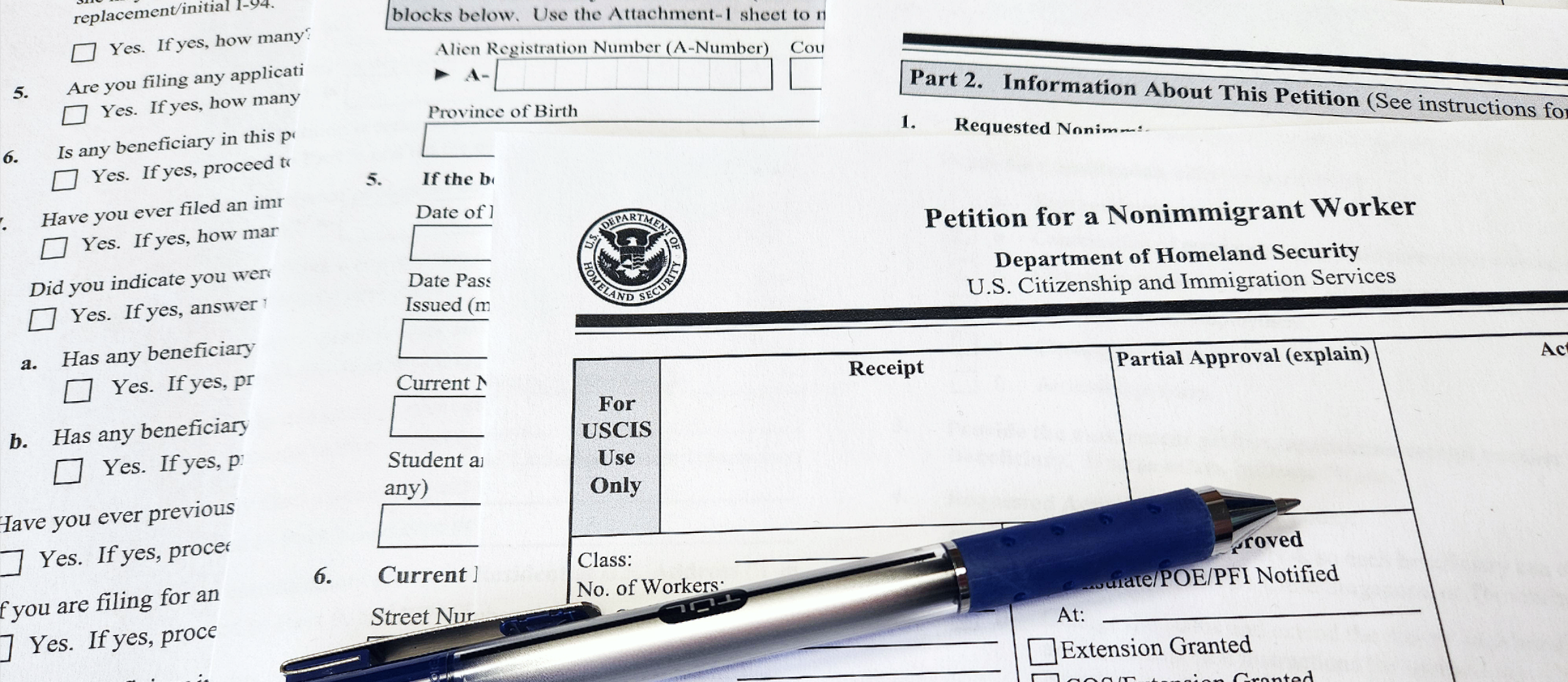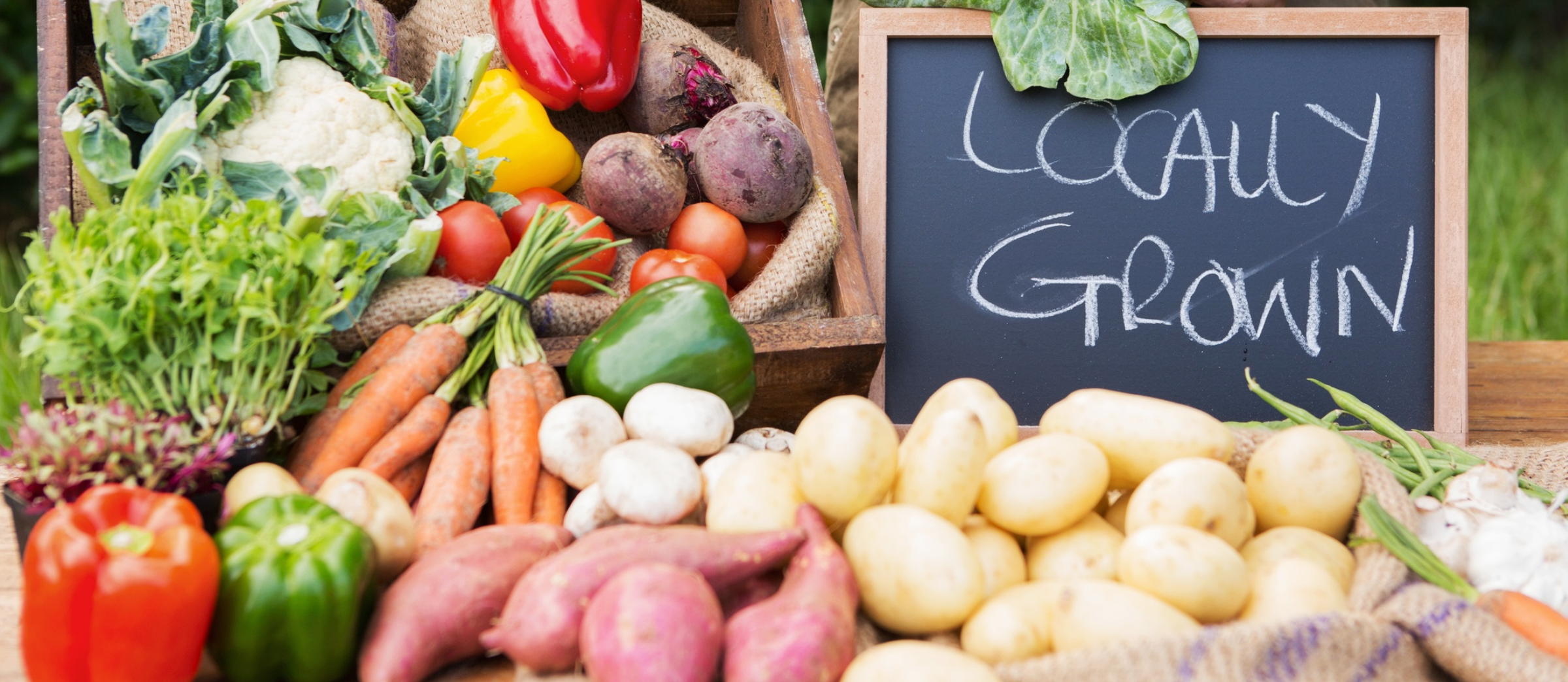H-2A Guest Worker Program for Agricultural Employers
Author(s): Laura Powers
Published: April 28th, 2023
Shareable PDF
The H-2A Visa program is a popular program for farmers seeking to hire temporary, seasonal workers. The original H-2 visa program was established with the Immigration and Nationality Act of 1952 for general nonimmigrant, temporary foreign workers. The 1952 act was later amended by the Immigration Reform and Control Act of 1986. That Act separated H-2 visas into two groups; the H-2A visa program for agricultural workers and an H-2B visa for non-agricultural workers. In its first year, only 44 H-2A visas were issued. According to the USDA, around 253,600 H-2A visas were issued for fiscal year 2021.
For many years in Kentucky, you mostly found H-2A workers on Kentucky tobacco farms. However, as many farmers have experienced a lack of dependable employees, more and more non-tobacco farms have shifted to the H-2A visa program to supplement labor needs during the year. Part of the H-2A certification process is to certify that there are not sufficient U.S. workers who are able, willing, and qualified to perform the required work and that the work is of a “seasonal” or “temporary” basis. One of the frustrations of some Kentucky farmers is the fact that many livestock operations, particularly dairies, are not eligible for H-2A workers since they are not considered to be “seasonal” in nature.
While not impossible for an individual farm to navigate the lengthy application process for H-2A workers, it is highly recommended to go through a qualified Farm Labor Contractor. These groups will help with applications, job orders, and registrations needed for a successful application. However, even working with a Certified Farm Labor Contractor, the agricultural employer must be knowledgeable in the rules and regulations of the H-2A Visa.
The application process must begin at a minimum of 75 days prior to the intended start date of the workers. For first-time applicants, most Farm Labor Contractors want to begin the process at least 3 months before the date of employment. New rules for applications filed on or after November 14, 2022 and employment starting on or after February 13, 2023 (the 2022 Final Rule) require an electronic application process which streamlines the process between the Department of Labor and the State Workforce Agency. However, there is still additional paperwork to be completed for the Department of Homeland Security.
H-2A workers are paid the greater of the Federal or State Minimum Wage, the Adverse Effect Wage Rate (AEWR), or the Prevailing Wage for the activity. For most H-2A workers in Kentucky, the AEWR has been the determining wage rate. However, there may be some activities performed by an H-2A worker that would necessitate the use of the Prevailing Wage Rate. The 2022 Final Rule revised the methodology in determining the applicability of using the Prevailing Wage to increase its usage for H-2A workers. For general farm labor, these new rules would not apply. However, if you employ H-2A workers for higher skilled labor, such as building, driving that requires a CDL, or other specific skilled labor, then those workers would qualify for Prevailing Wage pay. When completing the H-2A application, which includes a description of tasks to be performed by the H-2A workers, the employer must adequately describe the work to be done so an appropriate determination can be made if the Prevailing Wage is to be used for any jobs on the farm.
Another change with the 2022 Final Rule is the more widespread U.S. Referral process. Referrals are now allowed via email to the employer. Anyone (around the world) that has access to the referral website can apply directly to the U.S. employer by emailing them. This has resulted in farmers getting many emails directly from individuals from outside of the U.S. However, employers should know that they are only required to respond to applicants that are already certified to work in the U.S.
The Wage and Hour Division of the Department of Labor is the enforcement arm for the H-2A Visa program. The number one infraction of H-2A employers, and it has been for some time, remains the record-keeping aspect. H-2A employers are required to pay the H-2A workers in a timely manner, no less than twice monthly. The H-2A worker is to be given an hours and earnings statement that must include at the least the following, for each day in the pay period: specific activities performed, hours offered to work, hours actually worked, hourly rate and/or piece rate of pay and pieces paid on, total earnings for the pay period and any deductions from wages. Including the activities on the earnings statement has become even more important if there is a chance that the activity may be impacted by the more detailed prevailing wage pay requirements passed in the 2022 Final Rule. If, during a Wage and Hour Audit, it was determined that a higher wage rate should have been paid, then the employer would be required to pay back pay and would be changed penalties.
The use of the H-2A visa program has allowed Kentucky farmers access to employ seasonal, temporary foreign workers. The regulations outlined in this article are only a few of the complete requirements. The Department of Labor (DOL) will soon be providing additional information regarding the changes as a result of the 2022 Final Rule. Although the changes are not expected to impact a majority of H-2A workers, for those that are impacted (workers for higher-skilled jobs), the effects may be significant. Once the DOL releases that additional information, we will update this information for you.
Recommended Citation Format:
Powers, L. "H-2A Guest Worker Program for Agricultural Employers." Economic and Policy Update (23):4, Department of Agricultural Economics, University of Kentucky, April 28th, 2023.
Author(s) Contact Information:
Laura Powers | KFBM Area Extension Specialist | laura.powers@uky.edu
Recent Extension Articles
Where to Find Local Agricultural Products Near You!
Savannah Columbia | April 28th, 2023
May is almost here, which means backyard gardening, trips to agritourism venues, and farmers’ markets are about to be in full swing! The local, fresh fruits and vegetables we have been waiting for all winter are finally readily available to us. But have you ever wondered where to find it?
2023 Farm Bill Overview and Update
Will Snell | April 28th, 2023
The 2023 Farm Bill debate continues to evolve in our nation’s capital amidst a lot of political challenges. The farm bill is a massive comprehensive piece of legislation covering everything from farm programs, conservation, rural development, forestry, trade promotion, nutrition, and even ag research and education. Generally, the farm bill comes before Congress every 5 years, with the current (2018) farm bill set to expire on September 30, 2023.




